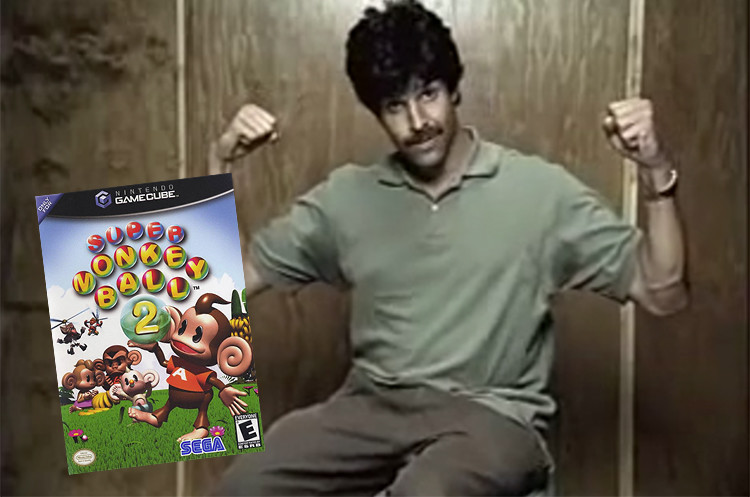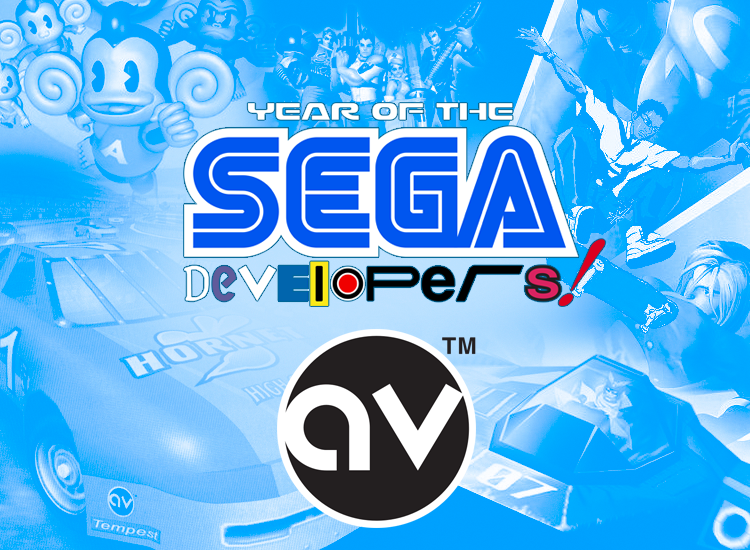Classic SEGA Ads: F-Zero GX for Nintendo Gamecube will make your heart race
It has been a little over 14 years since SEGA went third party, and while at the time it was a shock to learn that the company would be releasing games on once rival consoles, now most fans have grown accustomed to third party SEGA. In fact, it has been so long since the announcement that now we have a whole new generation of fans who pinpoint a third party SEGA game as their introduction to the company! I’m not one to use the tired expression “I feel old”, but that realization almost makes me want to utter it (almost). Back in the early 2000s, when third party SEGA went into full swing, fans were seeing the likes of Crazy Taxi on PS2, Sonic Adventure on Gamecube, and Jet Set Radio‘s sequel JSRF on the Xbox. Shocking, sure, but nothing could give SEGA fans whiplash like the announcement that SEGA’s own Amusement Vision team were to develop a new game in a fully Nintendo owned classic franchise – enter F-Zero GX and F-Zero AX.


 As we hit the halfway point of the
As we hit the halfway point of the